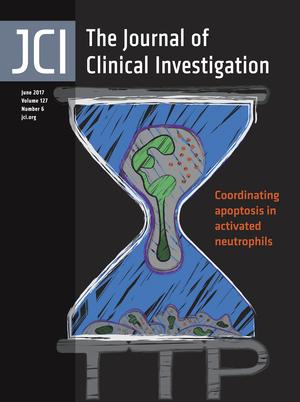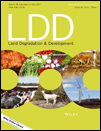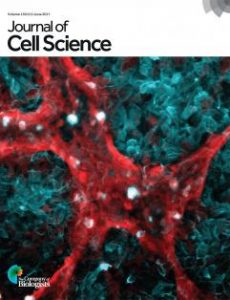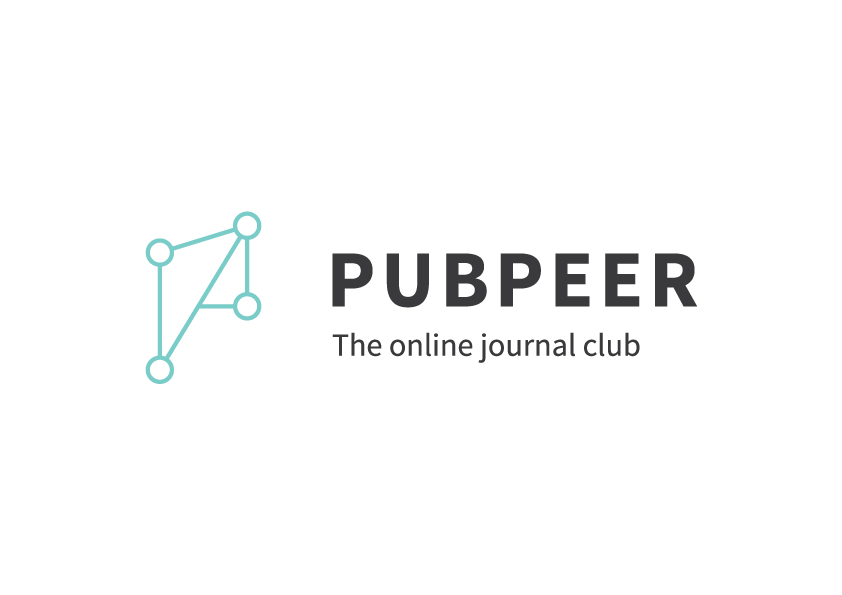 A former Research Training Awardee at the National Institutes of Health “falsified and/or fabricated data” in 11 figures in a 2016 paper, according to the U.S. Office of Research Integrity.
A former Research Training Awardee at the National Institutes of Health “falsified and/or fabricated data” in 11 figures in a 2016 paper, according to the U.S. Office of Research Integrity.
This is the first finding of misconduct issued this year by the ORI.
According to the finding, published in the Federal Register, Brandi M. Baughman — formerly at the National Institute of Environmental and Health Sciences (NIEHS) — tweaked data and text in a PLOS ONE paper about screening for compounds that inhibit an enzyme known as inositol phosphate kinase. According to the notice, however, some of those experiments didn’t proceed as described:
Continue reading NIH researcher doctored 11 figures in 2016 paper, says ORI
 On Dec. 2, 2013,
On Dec. 2, 2013,  It’s been a mixed year for Wiley’s
It’s been a mixed year for Wiley’s 
 After a
After a 

 Since it launched in 2012, PubPeer has grown to become a standard part of the scientific lexicon, and its numerous post-publication discussions have led to
Since it launched in 2012, PubPeer has grown to become a standard part of the scientific lexicon, and its numerous post-publication discussions have led to 